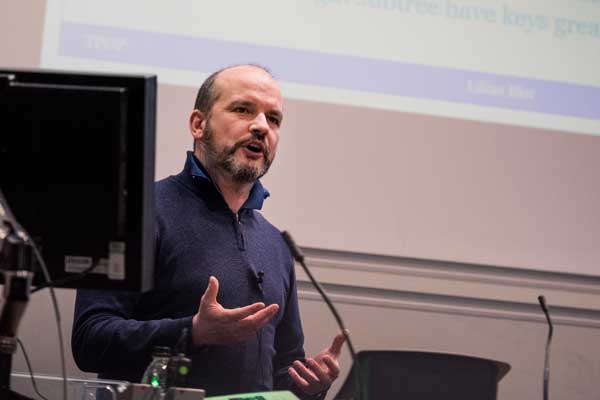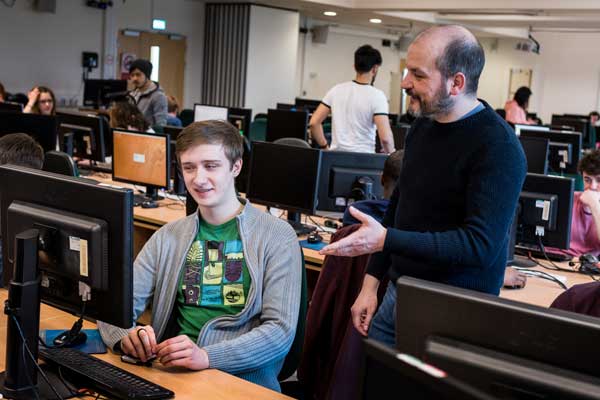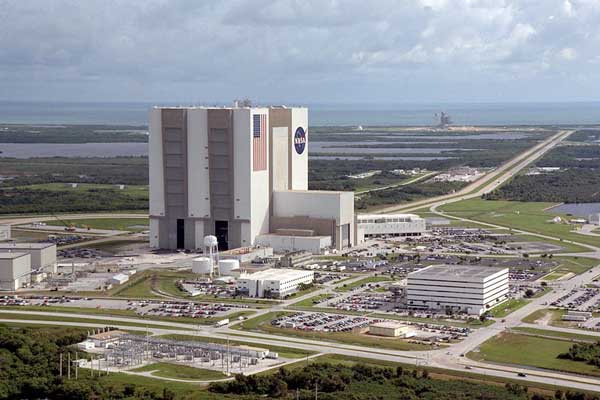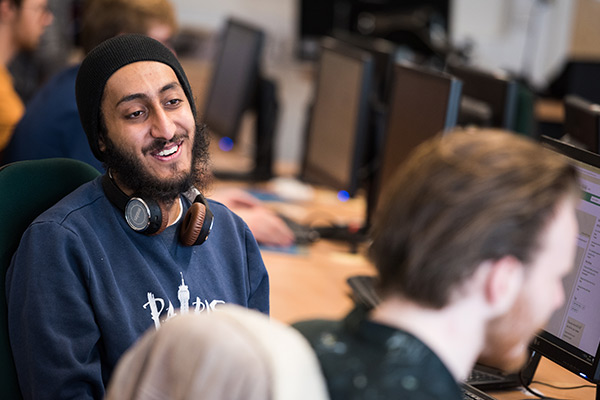We're proud of what our students achieve
As part of NASA's Space Apps Challenge competition, we helped a group of our PhD students organise a two-day hackathon over a weekend. Space Apps brings together coders, hackers and problem-solvers to tackle real-life issues through practical applications, using open data.
We had teams composed of students from different subject areas, including Physics and The School for Business and Society, as well as entrants from outside the University. A team composed of 1st-Year students from Computer Science, paired with entrants from industry they had never met before, won our local competition. Their project went on to the international competition, and came first in one of the categories.
As a result, they were invited to a rocket launch at Cape Canaveral, Florida, and we covered all their travel expenses. This was quite an impressive achievement for a team of 1st-Year students.
We also sponsored other students who won the UN-ESA World Challenge in 2018 with their Wildfire AWARE app.





